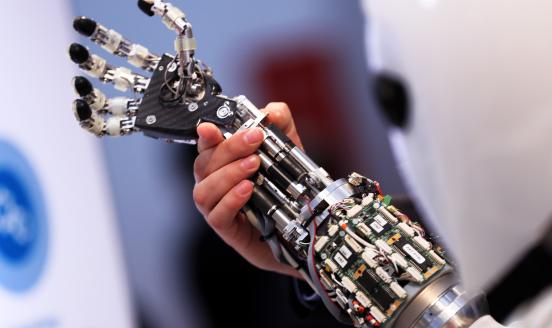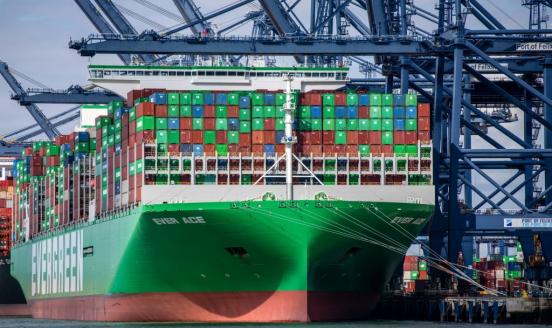This two-day public event was organised in the framework of MICROPROD, a research project that aims to improve our understanding of productivity, its drivers and the way we measure it.
This Final event, hosted by Bruegel, rounded off 42 months of intensive research work. It includeed the presentations of the most relevant research papers in Day 1 (Scientific Conference), complemented by a closing Policy Conference in Day 2.
In addition, a Youth Breakfast took place on Day 2 with the aim to create a discussion platform for young researchers who have been actively involved in and/or in research topics connected to the MICROPROD project.
Overall, the MICROPROD Final Event will brought academics (including young researchers), statisticians and institutional experts together with policy-makers, to discuss the major final outcomes of this project.
Panelists and participants took stock of the current challenges in productivity measurement, discuss the final findings of the project and reflect on future research and policy priorities.



